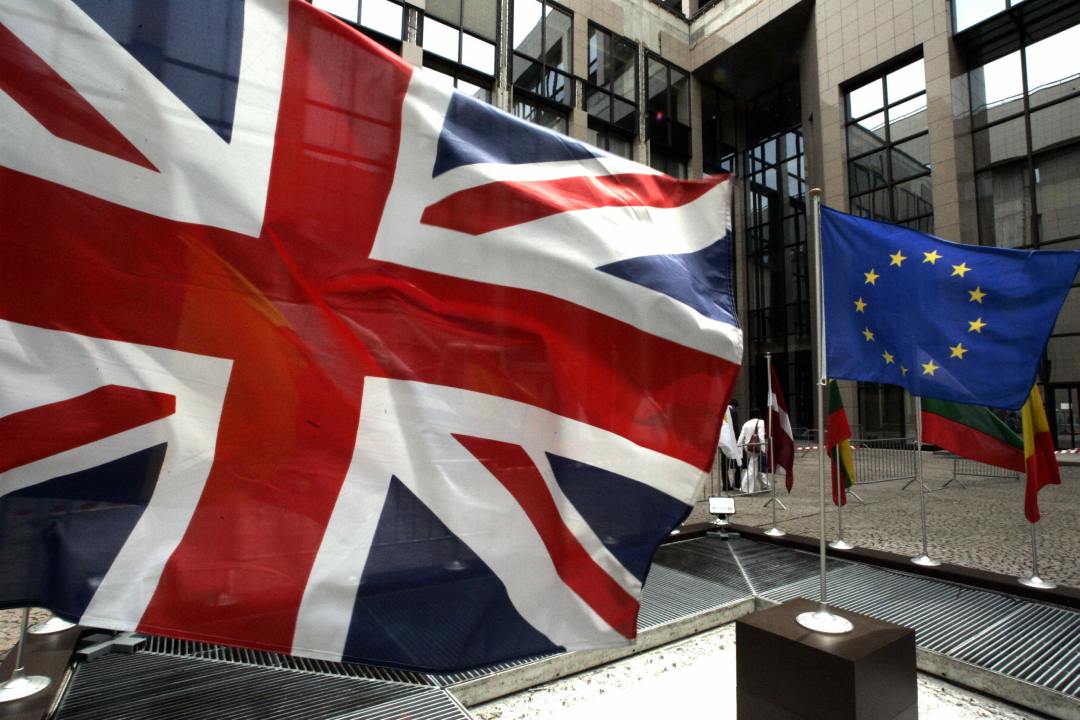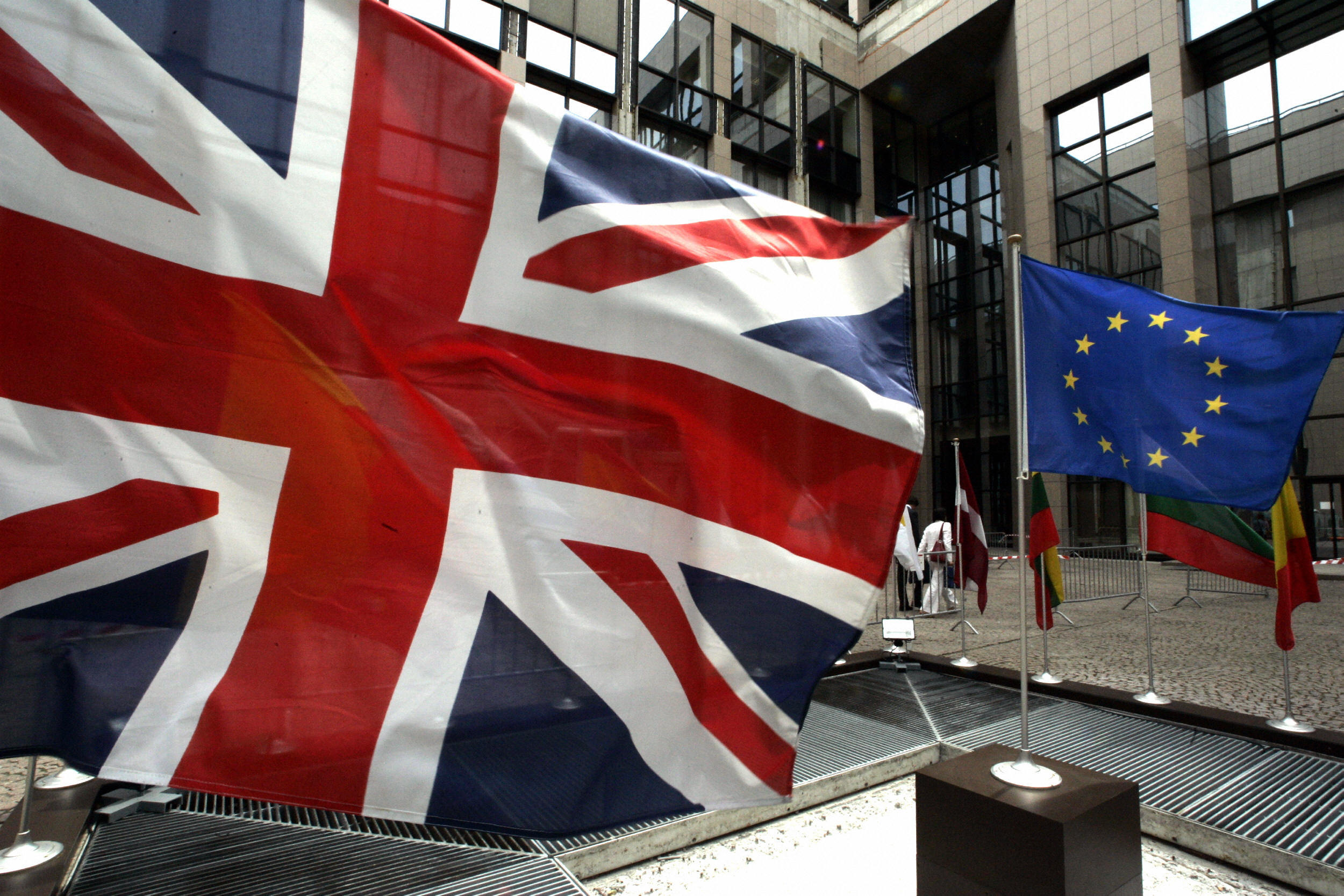Over the years, Brussels has become adept at dishing out heavy-handed and often disproportionate pan-EU ‘solutions’ to problems that are very often not problems for the majority of Member States. It’s at it again, this time on a proposal that would decimate the solar power industry in Britain.
This country and many of its European neighbours rely on the low cost of imports to keep the solar power sector afloat. But the European Commission is pushing ahead with a plan to slap punitive duties on the import of Chinese solar panels. This is despite a grand total of just 4 out of 27 member states voting for the tariffs and is proof-positive of the case for serious change to the way Brussels does business – and the way we do business with Brussels.
EU Trade Commissioner Karel de Gucht has suggested that a lower level of provisional penalties apply, but only until August. In effect this merely delays the inevitable and takes no pressure off China to increase the costs of its exports. The next few months of will-they-or-won’t-they creates uncertainty for all businesses involved. This leaves the European solar market facing a lose-lose scenario. Any application of unilateral duties puts jobs at risk.
A recent report from a German think tank estimates that with tariffs of 67 per cent, up to 242,000 jobs could be lost in the EU over three years. It calculates that Britain would be hardest hit, with some 31,000 jobs disappearing in the first year alone and that growth in this key low-carbon market would come to a complete standstill.
Perhaps most striking of all is that Germany, despite being home to the manufacturing group whose complaint led to the EU Commission’s support for tariffs, came out strongly against the plans with the UK and others. The German government fears the EU’s provocations and penchant for tit-for-tat protectionism will lead to an all-out trade war.
This prioritisation of politics over hardheaded economics is typical of the way Brussels operates. And given the Commission can forge ahead with controversial proposals because of the current Qualified Majority Voting system, it is difficult to see how the EU has its members’ interests at heart. When he was asked about opposition from member states to this measure at his press conference, the Trade Commissioner tersely replied that he would not bend from his principles, no matter whose opinion it was.
Lest anyone think this is an isolated case of Brussels cutting its nose off to spite its face, the EU has another 18 trade investigations with China ongoing.
The next storm brewing will likely see the Trade Commissioner, claiming to represent our economic and financial interests, wage an all-out assault on Chinese telecoms equipment providers. The fate of solar power may not be your top priority, but you’ll care when EU tariffs lead the cost of mobile phones to skyrocket. European firms themselves fear this will trigger a backlash from Beijing, and put at risk thousands of jobs as they seek to win contracts to export their business to China.
For a bloc that trumpets the values of free trade, the people in charge have a worrying knack of doing just the opposite beyond Europe’s borders.
Allie Renison is Research Director of @forbritain – the campaign to renegotiate Britain’s relationship with the EU www.BusinessforBritain.org.







Comments